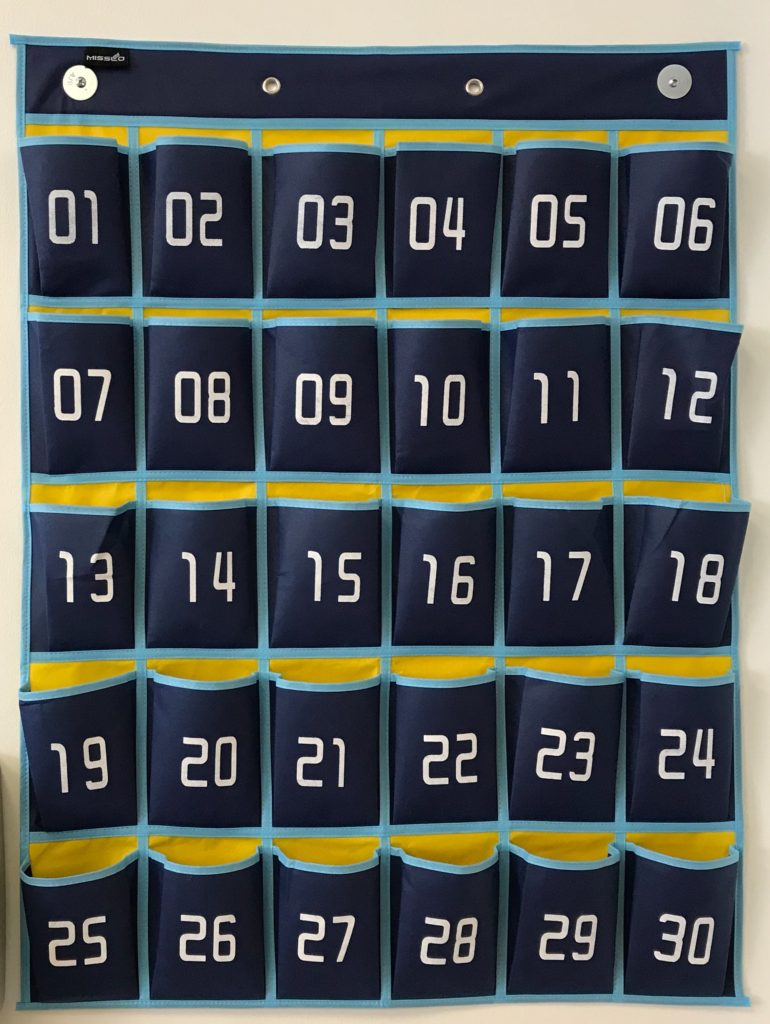Noble Brigham ‘20 Avani Narula ‘21

Photo courtesy of Kemi Odeyemi ‘20
Students and faculty at Episcopal continue to be concerned about an apparent epidemic of academic dishonesty. As a result, the EA community has been taking more steps to stop students from cheating.
Zach Richards, dean for the class of ‘21, states, “the school has been proactive in addressing it. Teachers are more vigilant; students have had enough of cheating taking place and are taking action. If anything, I think we are going to start to see cheating decreasing.”
Cheating incidents are addressed and solved in Disciplinary Council. A member of the disciplinary council, Louisa Baxter ‘20, explains, “If someone is suspected of cheating, their teacher will be the one to find out. The teacher then will go to the head of the department, after confronting the student, and the head of the department will decide what to do from there.”
If the department head decides that the incident should go to disciplinary council, then the student’s advisor and form dean become involved, and a disciplinary meeting is held.
During these meetings, “the teachers and students explain their side of the story, and an adequate punishment is determined,” Baxter states. Despite the lengthy disciplinary meeting, Baxter explains that they do not have total authority: “Disciplinary council is more of a recommendation. Mr. Letts can veto the punishment if it is too severe and then the process starts all over again.”
New steps are being taken to crack down on cheating this year. There is a new Tier one threshold. Jennifer Maier, Upper School English teacher and Disciplinary Council advisor, explains, “In past years, any major student conduct infraction would bring a student before the disciplinary committee. As of this year, the administration has made changes so that in most cases, the first infraction will not bring a student before the disciplinary committee. Instead, the student would likely go before what’s called the student integrity council.” The student integrity council is a new alternative to disciplinary council for less serious cases. The council includes a counselor, peer advocates, the students advisor, and form dean. However, in the case of an academic infraction, the student is brought before the disciplinary committee, regardless of whether said infraction was a first offense.
This year, faculty are also required to proctor tests more actively, similar to the request that they make multiple versions of tests last year. New policies have also arisen where students are forced to use generic calculators and pencils given by their teachers instead of their own because of the risk of cheating with them.
Lindsey Demyun ‘21, a student who has experienced these crackdowns, says, “I think that EA is taking some appropriate measures to crack down on cheating and some that are just too far and are hurting students who are taking tests fairly.”
Teachers have also implemented new mandatory phone holders in every classroom where students must put their phones before every class. Baxter says, “The increased use of technology was a huge problem and a lot of people were using phones to cheat on tests and exams.”
The way faculty view cheating has also evolved. “I think that sometimes people have felt that students who aren’t as strong would be cheating more, and I feel that’s not the case,” says Maier. “Some of our strongest students are some of the people who take the shortcuts.”
Maier thinks there are still lots of misconceptions as to what constitutes cheating. “I think everyone’s pretty clear that if you copy something off Sparknotes and put it in your paper or if you have a cheat sheet and bring it into your test, that is cheating, but there are many other things that are also cheating,” she says. To make things more clear, she plans to read the academic dishonesty policies in the student handbook with her ninth-grade advisory this year.
The librarians have also begun new programming. “The library’s role in academic honesty is really to just help educate students,” says Lorie Harding, Upper School librarian.
The new librarians, Harding and Andrea Yu, have only been at EA for a year, but have already become an essential part of the community. This year, with Charles Bryant of the History Department, they have begun a freshman seminar, which Yu says has “a unit on integrity starting with what it means to be a good person, why it’s worth it to put in that grit and hard work and using that unit to teach on academic dishonesty.”
Harding says, “Our philosophy is that personal integrity and intrinsic motivation can lead students to make better choices when there are extrinsic factors or societal pressures.”
They do not think that the entire Upper School is aware of their efforts, although several grades participated in presentations last year. Their goal is to inform. Harding states, “We’re really trying to prepare students to be successful in college and know what the stakes are.” Yu continues, “We’re not trying to be punitive.” Harding finishes with an allusion to the Scarlet Letter, noting, “There’s no scarlet C.”